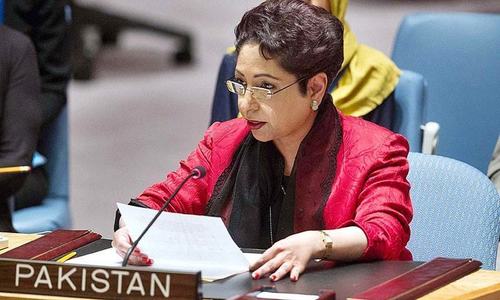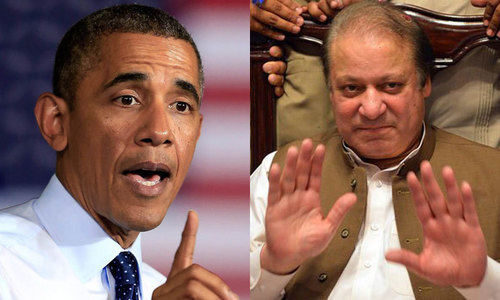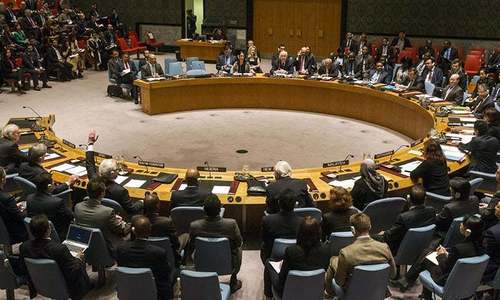UNITED NATIONS: Pakistan has said that adding more permanent seats to the Security Council is contrary to the principles of democracy and representation and it would only satisfy the self-centred interests of a few states at the expense of the legitimate interests of all members of the United Nations.
Speaking during the inter-government negotiations at the General Assembly on Security Council reform on Monday, Pakistan’s Ambassador Maleeha Lodhi said enhancing its size by including more permanent members would be “a travesty of the principle of the sovereign equality of states”.
Instead, she argued, Pakistan believed that the Security Council’s expansion should take place by seats that were electable on the basis of fixed rotation and periodic elections.
She told the packed hall of the Trusteeship Chamber that the objective to make the council more representative and effective could only be attained by reinforcing the number and role of elected members.
Ms Lodhi said it was disingenuous to suggest that more permanent members would make the council more effective when there was a standoff and deadlock among them, which had hobbled its functioning.
“It makes no sense, on the one hand, to suggest ideas on existing working methods that aim to make the council more open, democratic, transparent and accountable and, on the other hand, propose additional permanent seats that could undercut the same objectives in an expanded council.”
Ms Lodhi said efforts to improve the council’s working methods should continue both within and outside it.
She recalled that during Pakistan’s last term in the council, it had re-introduced wrap-up sessions which had now become a norm. “Pakistan also made specific proposals on enhancing intra-council communication and organised open meetings. All these steps were taken to augment the openness and transparency of the Council’s working,” she said.
Describing the council as “a master of its own procedures”, Ms Lodhi called for developing a joint mechanism between it and the General Assembly on improving its working methods. “Such a mechanism could open the Council’s Working Group on working methods to the inputs and proposals of all member states and could help identify common grounds,” she said.
Published in Dawn, February 24th, 2016













































